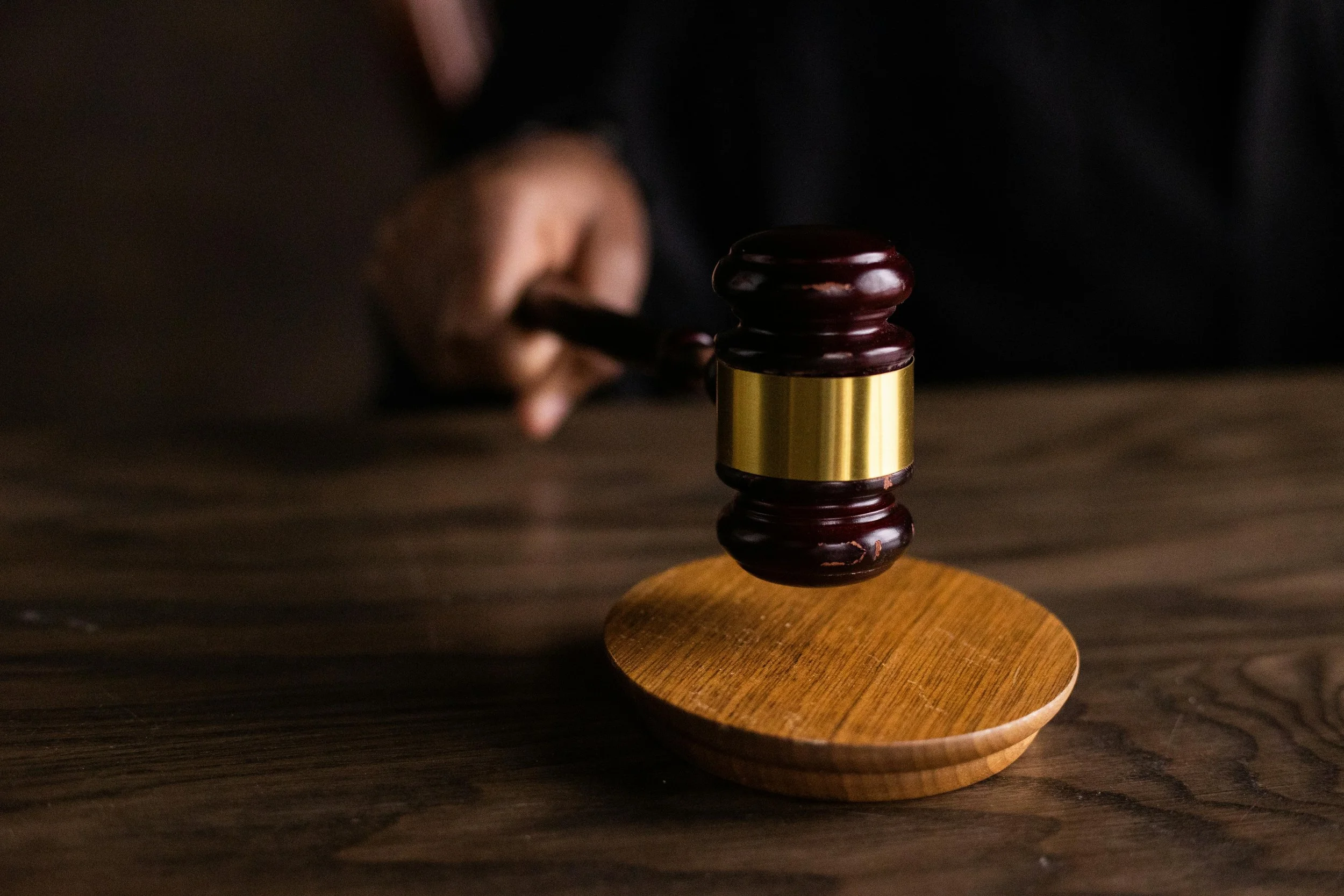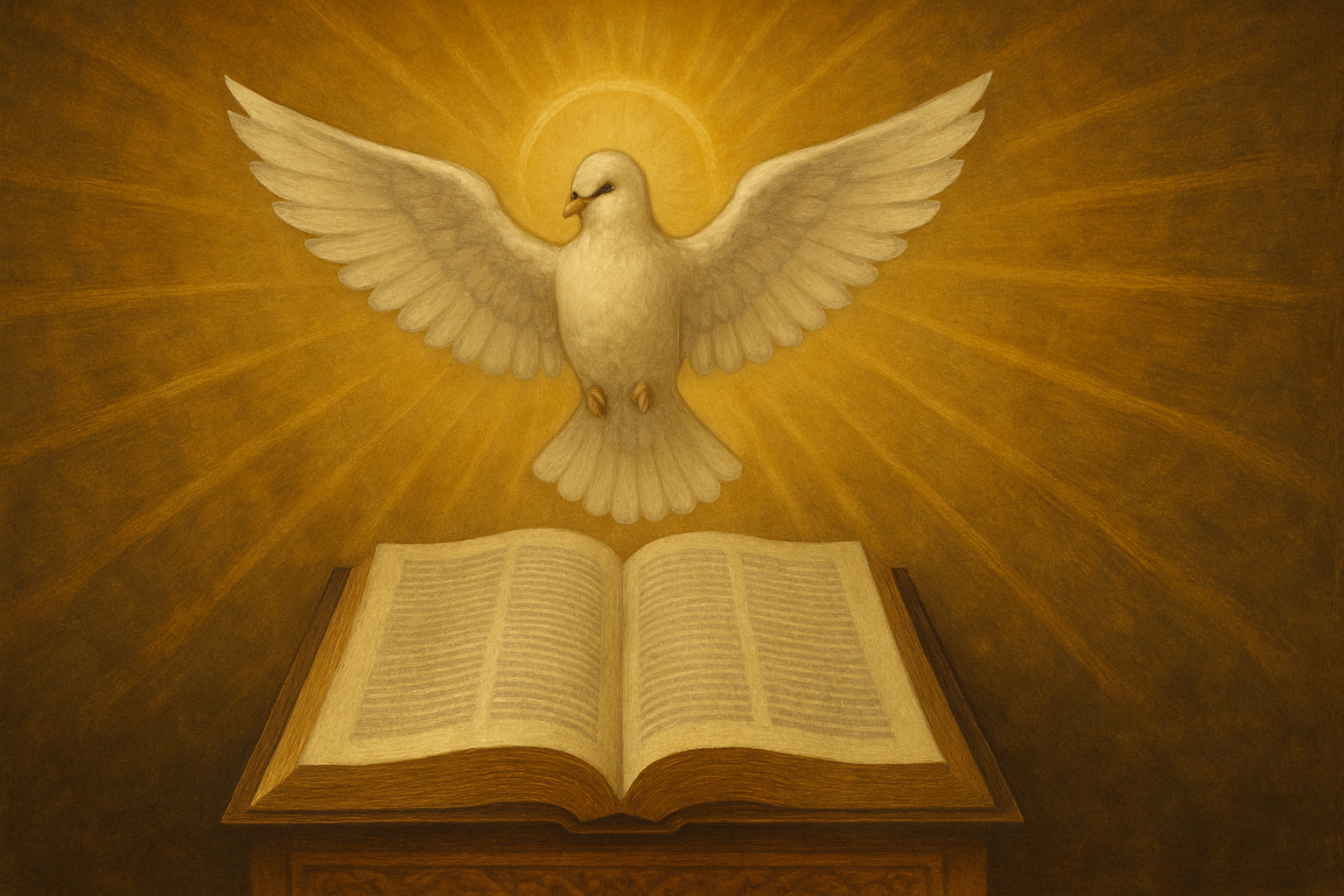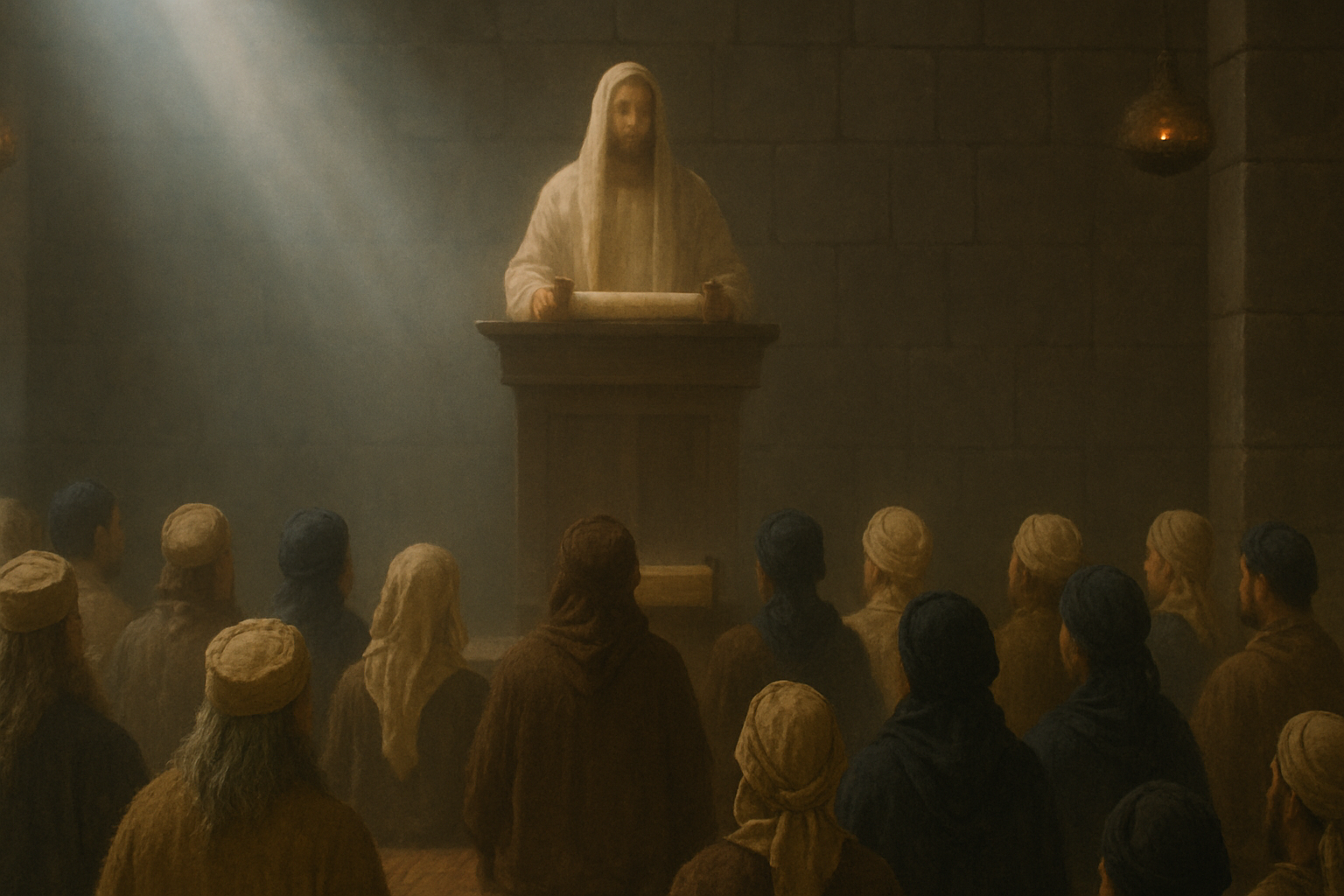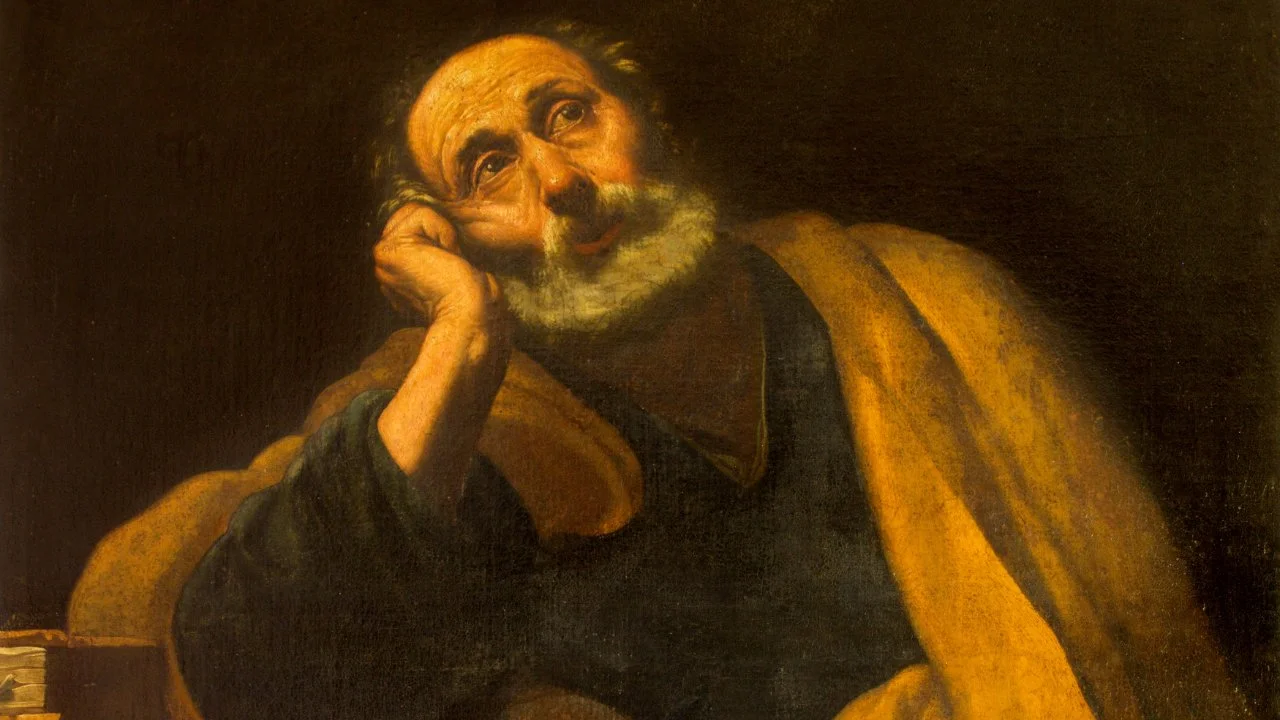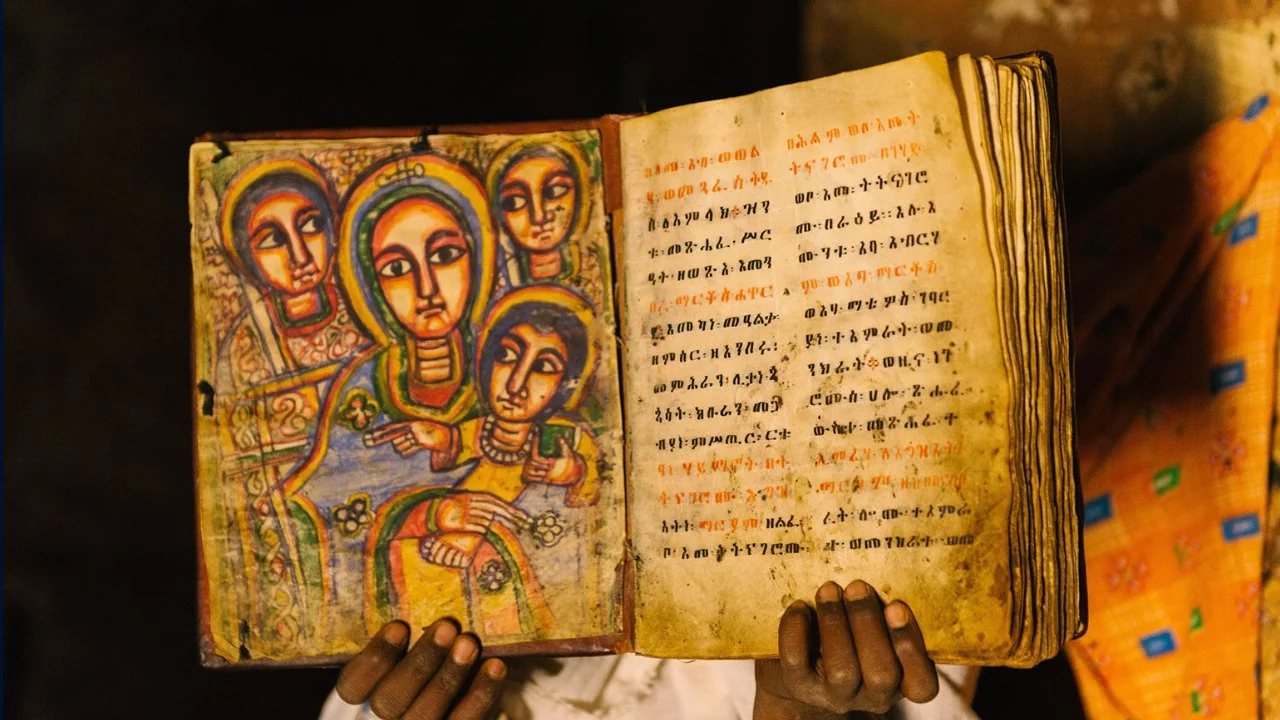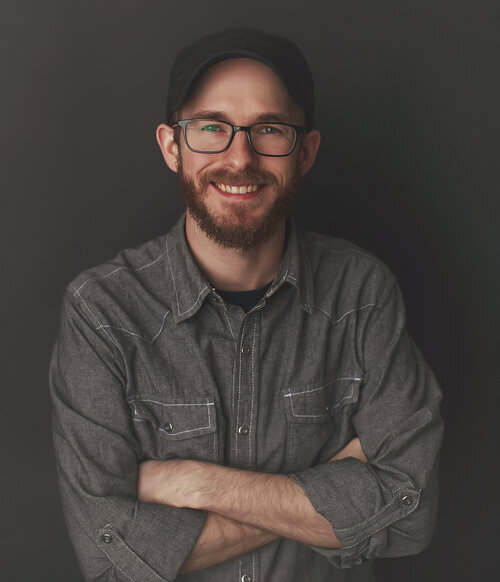Author: David Wilber
Connected to the Passover season is an incredible ceremony known as the firstfruits. God told His people to observe the firstfruits ceremony in His law—the Torah—that He gave through Moses at Mount Sinai. Ever since Israel entered the Promised Land after being delivered from Egypt, His people have practiced this custom.
So what is the firstfruits ceremony? We read about it in Leviticus 23:
And the Lord spoke to Moses, saying, “Speak to the people of Israel and say to them, When you come into the land that I give you and reap its harvest, you shall bring the sheaf of the firstfruits of your harvest to the priest, and he shall wave the sheaf before the Lord, so that you may be accepted. On the day after the Sabbath the priest shall wave it. (Leviticus 23:9-11)
So this ceremony is to occur after the Passover meal during the week of Unleavened Bread. On the day after the Sabbath, the sheaf of firstfruits is to be waved before the Lord.
There is some debate on whether this ceremony ought to be performed after the weekly Sabbath within Unleavened Bread (always on Sunday) or after the opening High Sabbath of Unleavened Bread (always on the 16th of Nisan). Even the Pharisees and Sadducees debated this issue in the first century. The traditional view reflected in the Jewish calendar that most people use today (the Hillel II calendar) is that it ought to be performed after the opening High Sabbath of Unleavened Bread. For a thorough treatment of this issue, I’d refer you to Tim Hegg’s scholarly paper, Counting the Omer: An Inquiry Into the Divergent Methods of the 1st Century, here.
In any case, the sheaf of firstfruits consisted of the first ripe barley that grew in the land. This barley was then tied together in a bundle and brought to the High Priest at the Tabernacle/Temple to be waved before the Lord.
Now, this ritual might sound a little weird to us today—but to the people in the Bible, this ceremony was a real way to express their gratitude. They lived in an agricultural society, and they depended on their crops to live. Offering the firstfruits of barley was a way to acknowledge that the crops produced in the land are ultimately a gift from God. Thus, the firstfruits ceremony is an outward expression of gratitude for “new life” and God’s gracious provision.
The firstfruits ceremony also initiates the counting of the days toward Shavuot (Pentecost). So, in a way, Passover and Shavuot are connected through the firstfruits ceremony and the counting of the days. Since Passover commemorates our deliverance from slavery in Egypt, and Shavuot commemorates the giving of the Torah, the firstfruits ceremony teaches us that our deliverance ought to lead to obedience. In other words, even though we’ve been set free from Egypt, we aren’t truly free until we’re walking in God’s ways.
Most significant of all, however, is how our Messiah Yeshua (Jesus) fulfilled this ceremony through His resurrection. As I mentioned earlier, the firstfruits ceremony was when the High Priest would wave the firstfruits of the barley harvest as an offering before the Lord. The apostles teach us that this ceremony is a prophetic symbol of Yeshua’s resurrection:
But in fact Christ has been raised from the dead, the firstfruits of those who have fallen asleep. (1 Corinthians 15:20)
Indeed, just as the firstfruits of barley assured Israel of the full harvest to come, Yeshua’s resurrection from the dead is the guarantee that there will be a future resurrection of all redeemed people of God:
For as in Adam all die, so also in Christ shall all be made alive. But each in his own order: Christ the firstfruits, then at his coming those who belong to Christ. (1 Corinthians 15:22-23)
So, for Christians, this prophetic ceremony is not only a celebration of God’s provision in the physical realm through the food He gives us but also a celebration of God’s spiritual provision for us in Messiah. The Messiah has given us hope and a new life. Therefore, the firstfruits ceremony is ultimately a celebration of the Messiah’s resurrection. It commemorates the greatest story ever told—the Gospel.
How can we keep the firstfruits ceremony today?
Unfortunately, we can’t—at least not to the letter. The firstfruits ceremony pertains specifically to the land of Israel and depends on a working Priesthood and Tabernacle/Temple. Since we don’t have that, we can’t perform this ceremony the way it is written in the Torah.
However, just like with the other festivals in the Torah, we can do our best to honor the memory of this ceremony as we anticipate the time when we can celebrate it in fullness at the Second Coming of Messiah.
A lot of Christians keep the memory of this ceremony in connection with their observance of Passover. On firstfruits, the day after the opening Sabbath of Unleavened Bread (or, for some, the day after the weekly Sabbath—Sunday—within Unleavened Bread), many Christians will hold a special celebration. Churches and families will get together and sing worship songs and learn about the resurrection of Yeshua. They’ll prepare special unleavened meals and praise God for his provision.
Regardless of what you do and what kinds of traditions you come up with, I want to encourage all of you to honor the memory of the firstfruits ceremony today. Just like Passover, Shavuot, and the other festivals of the Lord, this ceremony is biblical, rich in meaning, and ultimately all about Yeshua the Messiah.
Yeshua is the “reason for the season.” And His work on the cross, His resurrection, His victory over sin and death, and the new life He’s given us—that is worthy of celebration.
About David Wilber
David is first and foremost a passionate follower of Yeshua the Messiah. He is also a writer, speaker, and teacher.
David’s heart is to minister to God’s people by helping them rediscover the validity and blessing of God’s Torah and help prepare them to give an answer to anyone who asks about the hope within them (1 Peter 3:15)…


